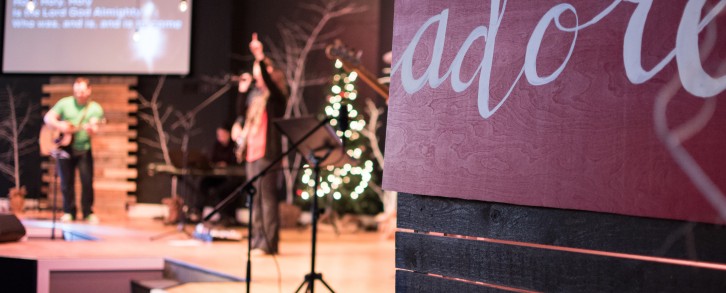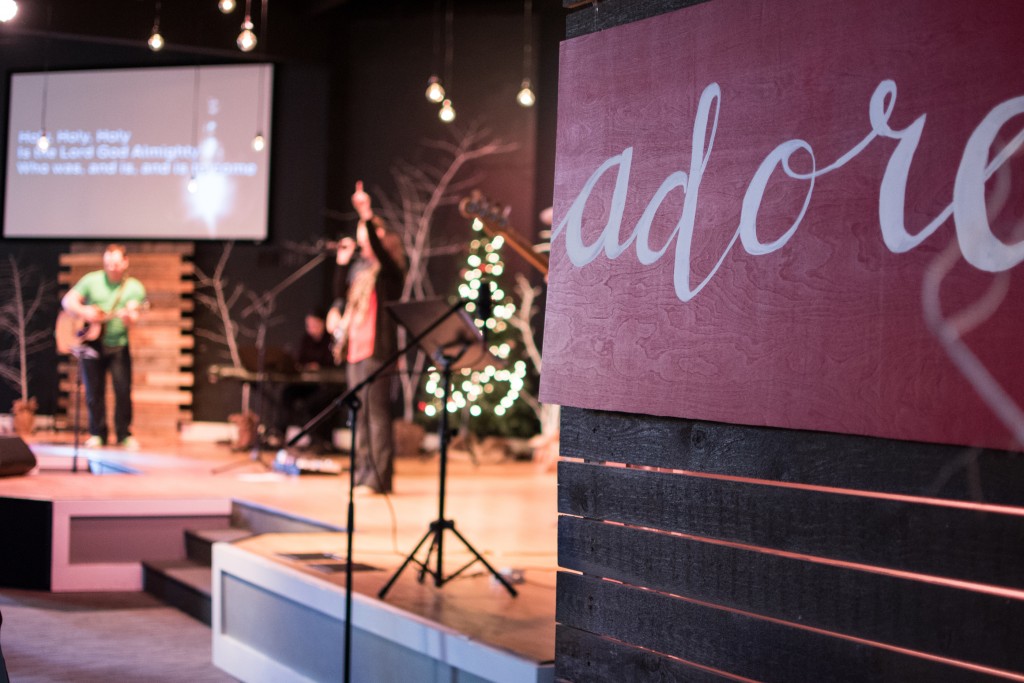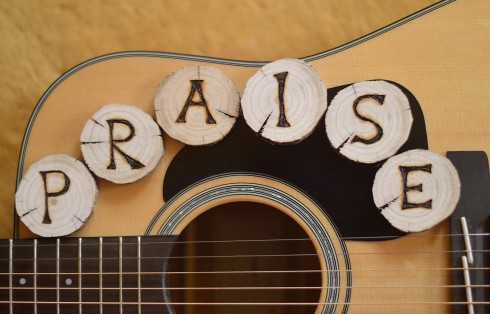Seven Small Steps Towards Improving Your Church’s Music
As mentioned in previous blog posts here, the goal of church music is to help the Word of Christ – or the gospel – dwell richly in the hearts and minds of the congregation (Colossians 3:16). Music not delivered well can be unhelpful for the congregation in achieving that goal and also embarrassing for musicians. So, what to do? Well, over the last 2 years at St Luke’s Miranda, the team here has made some small changes to our music ministry which have helped us improve the overall quality of the music in our gatherings – changes, I believe can be helpful for all church music teams.
Here they are…
- Think long term
It takes time for people to improve as musicians. So if you’re after quick improvement, you’re going to be disappointed. Plan (and pray!) for improvement to occur over years rather than months.
- Make your goal clear
When I ask someone to lead a band, I’m explicit that their main goal is to produce quality music that people can sing to. It’s not the only goal we have, and it won’t always be our main goal – but when we need to improve, making it explicit is helpful.
- Have a smaller list of songs
When a team plays the same songs regularly, they will get to know the songs and play them better each time. We have about 35 songs on our list. I add 2 new songs to that list every 3 months and drop a couple off. A limited song list will also help the congregation know each song better and sing more confidently.
- Have scored music available for everyone
If people can practise at home, they’ll get better. Whether you put your sheet music online through church database software, or give out hard copies, when musicians have access to sheet music at home they’ll at least have the chance to practise. Distribute scored music containing lyrics, melody and chords, rather than guitar charts with lyrics and chords only. It’s important for musicians to be able to see how lyrics, melody and chords interact within each bar. If you can’t find a scored chart online, consider paying someone to produce one.
- Have a time where you come together to learn new songs
Every term (ie 4 times a year) I invite our singers and guitarists to a new song workshop. There I teach them the 2 new songs for the coming term.
- Have a good amount of practise time
Short, hurried rehearsal is a recipe for musical disaster. If you have limited rehearsal space at your church on Sundays (due to services in the church), think creatively to develop another rehearsal space. At St Luke’s we spent a bit of money and set up a second rehearsal space in another part of our site. It’s now used at least twice a week for teams to rehearse while other services are happening in our main building. This has been one of the biggest wins for our music.
- Have the same musicians play regularly together
A couple of years ago we moved to a 2 week on – 2 week off playing cycle and we didn’t change the bands after a year. When musicians play the same songs regularly with the same people over a long period of time, everyone’s musicianship improves.
As the music team pursues these small and achievable steps for improvement, the church is given the gift of skilfully played music so that they can sing to God in the presence of each other – and sing to each other in the presence of God.
This blog was written for E.M by Mike Begbie. Mike is Assistant Minister at St Luke’s, Miranda








